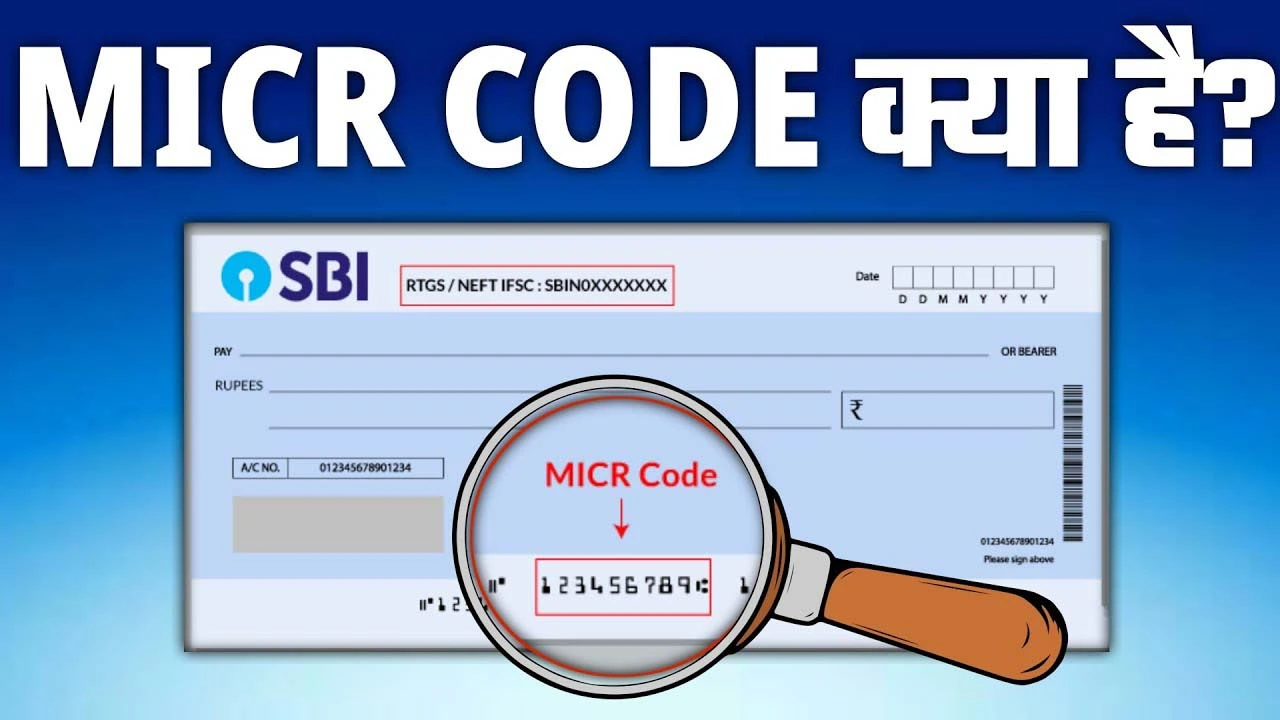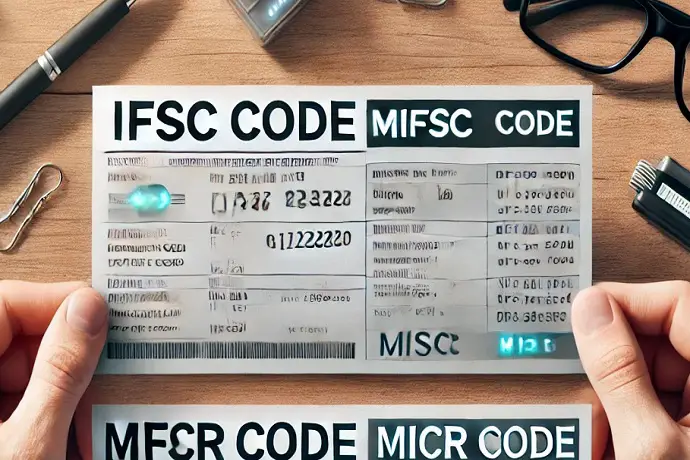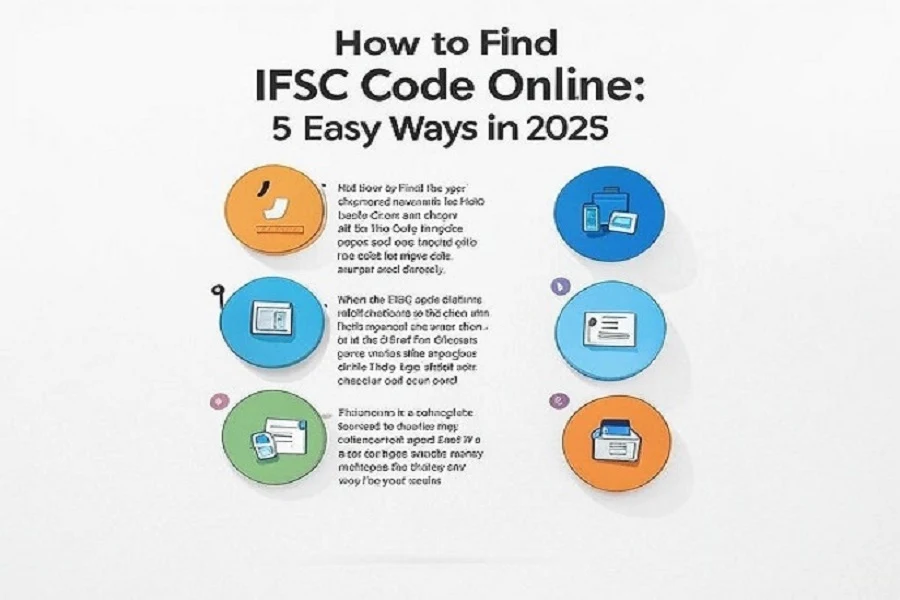
What is IFSC Code and How to Find It?
📖 Introduction
In today's digital banking era, online money transfer has become the norm. Whether you're transferring funds via NEFT, RTGS, or IMPS, you'll always need one important code — IFSC Code. But what is IFSC code, and how do you find it? This guide will explain everything you need to know in simple terms.
🏦 What is IFSC Code?
IFSC stands for Indian Financial System Code. It is an 11-character alphanumeric code used by the Reserve Bank of India (RBI) to uniquely identify each bank branch involved in online money transfers.
✅ IFSC Code Format:
First 4 characters – represent the bank code
5th character – always zero (0)
Last 6 characters – represent the branch code
Example:SBIN0000123
Here:
SBIN = State Bank of India
0 = Reserved
000123 = Branch code
💳 Why is IFSC Code Important?
| Purpose | Description |
|---|---|
| ✅ Online Fund Transfer | Required for NEFT, RTGS, IMPS transactions |
| ✅ Unique Branch Identity | Distinguishes each bank branch |
| ✅ Secure Transactions | Helps ensure correct routing of funds |
| ✅ Required for UPI setup | In some cases, used for bank linking |
🔍 How to Find IFSC Code?
There are several ways to find the IFSC code of any branch:
1️⃣ Using IFSC Code Master
The easiest way is to search on IFSC Code Master.
Steps:
Visit the homepage
Use the dropdown to select Bank Name, State, District, and Branch
Instantly get IFSC, MICR, Branch Address, and more
👉 Example: Find SBI IFSC Code
2️⃣ On Cheque Book or Passbook
IFSC is printed on every cheque leaf, usually near the bank's logo or on the top of the cheque.
3️⃣ Bank Website
You can also visit the official website of your bank. Most banks have an IFSC Code Finder tool.
4️⃣ Mobile Banking / Net Banking App
Log in to your app > Account Details > View IFSC Code.
🔁 Difference Between IFSC, MICR, and SWIFT Code
| Code | Full Form | Used For | Length |
|---|---|---|---|
| IFSC | Indian Financial System Code | Domestic transfers (NEFT/RTGS/IMPS) | 11 |
| MICR | Magnetic Ink Character Recognition | Cheque processing | 9 |
| SWIFT | Society for Worldwide Interbank Financial Telecommunication | International transfers | 8 or 11 |
🧠 FAQs
❓ Can I transfer money without IFSC code?
For UPI transfers, you don’t need IFSC. But for NEFT, RTGS, or IMPS — IFSC is mandatory.
❓ Are IFSC codes same for all branches of a bank?
No. Each branch has a unique IFSC code.
❓ Can IFSC codes change?
Yes. When banks merge or shift branches, IFSC codes may change. Always verify from official sources.
🔗 Internal Links:
🏁 Conclusion
IFSC codes are essential for secure and accurate fund transfers in India. Thanks to platforms like IFSC Code Master, finding these codes is now faster and easier than ever. Always verify the IFSC code before making any transaction to avoid errors.











